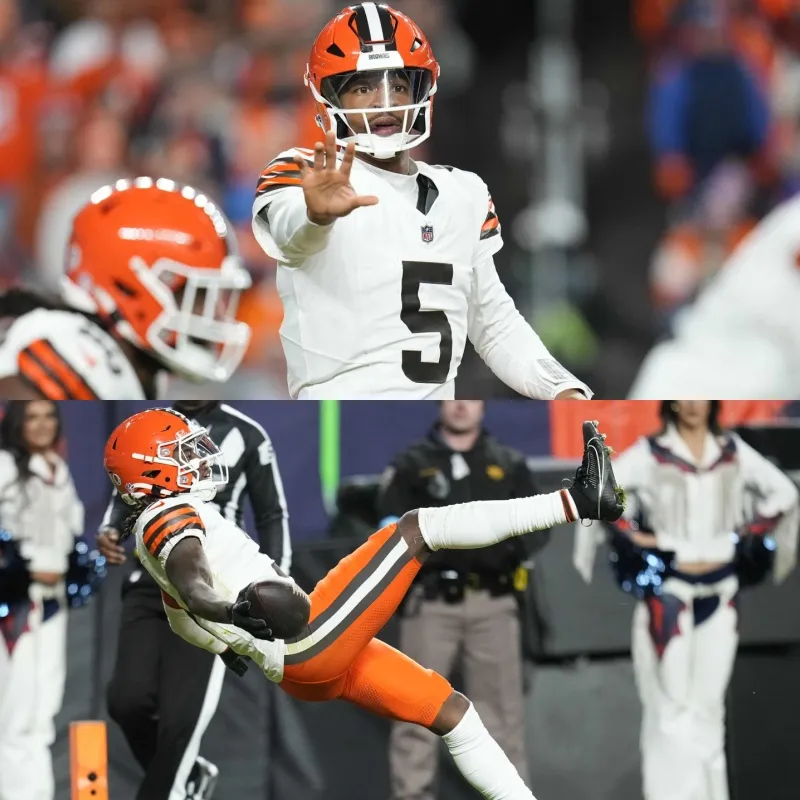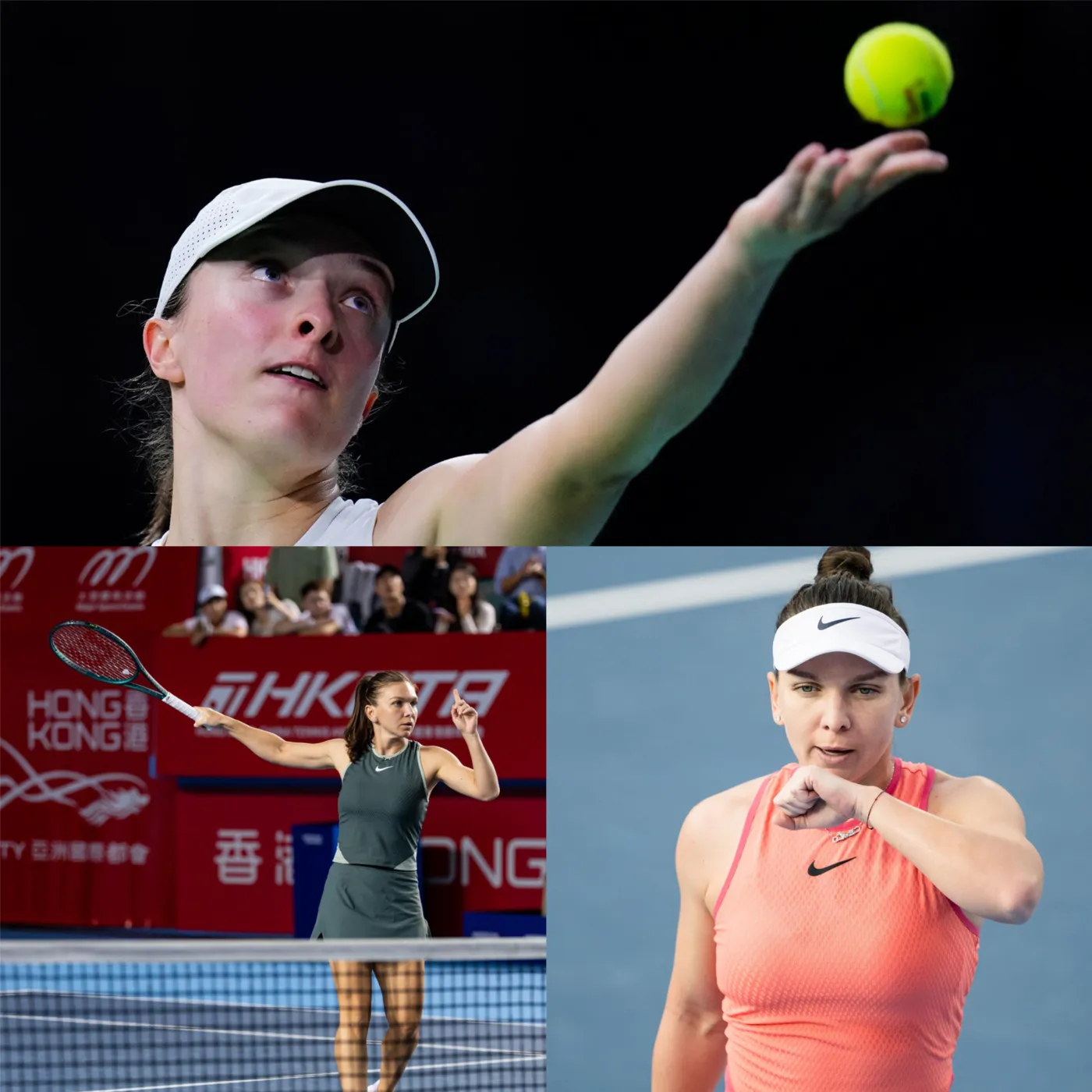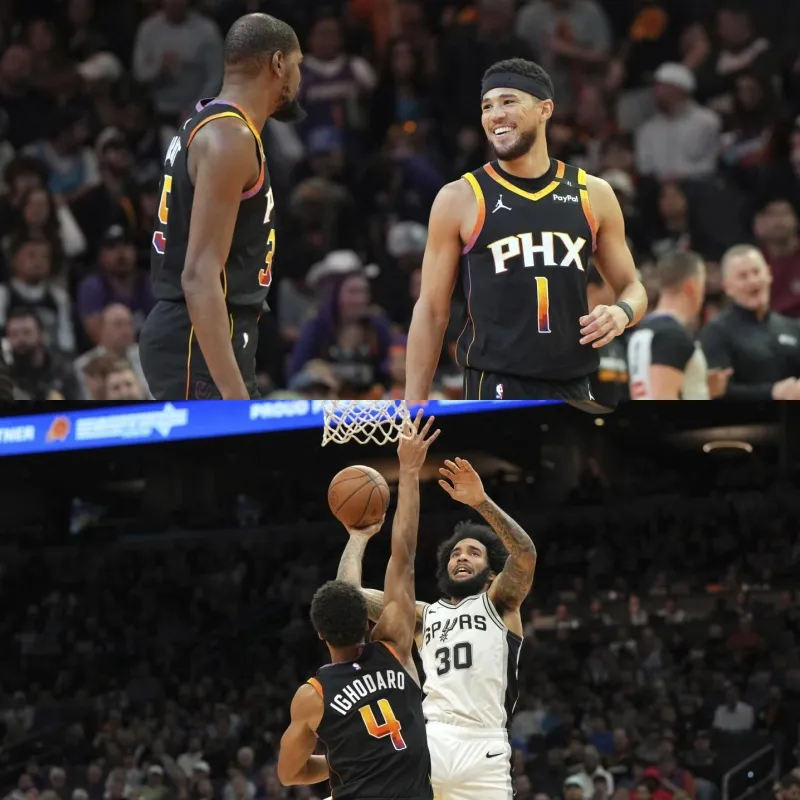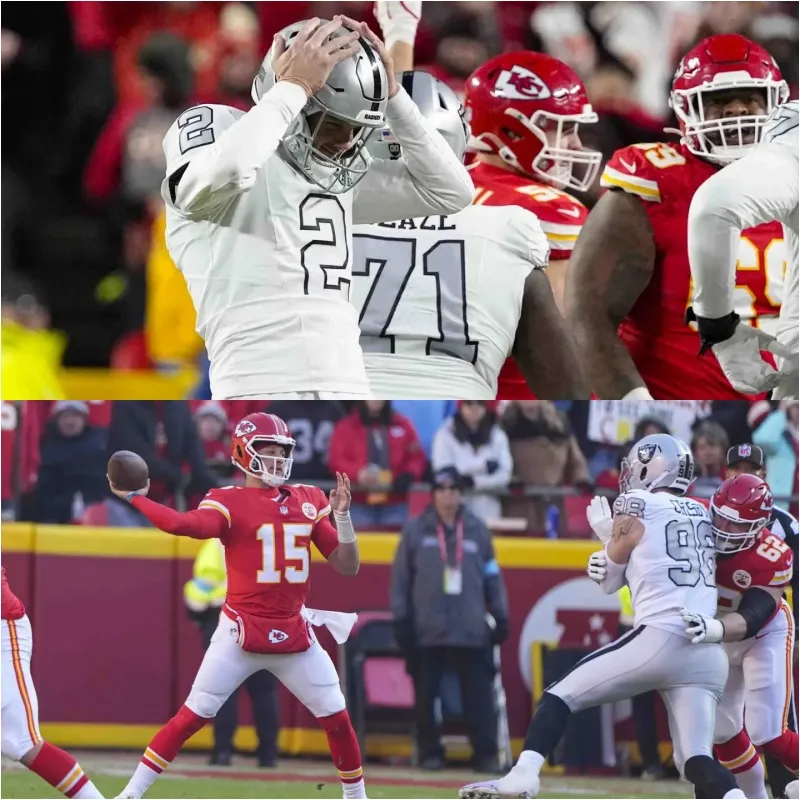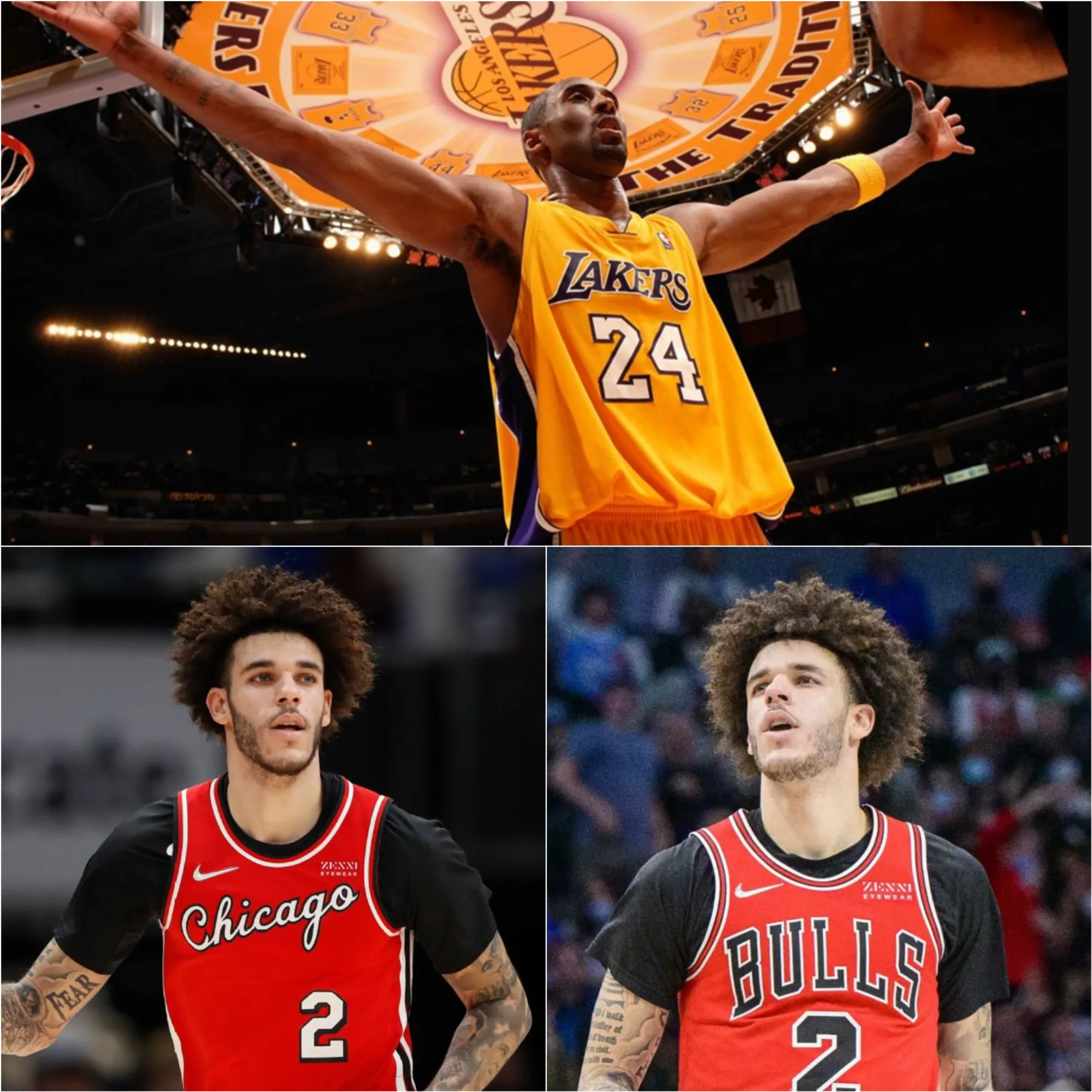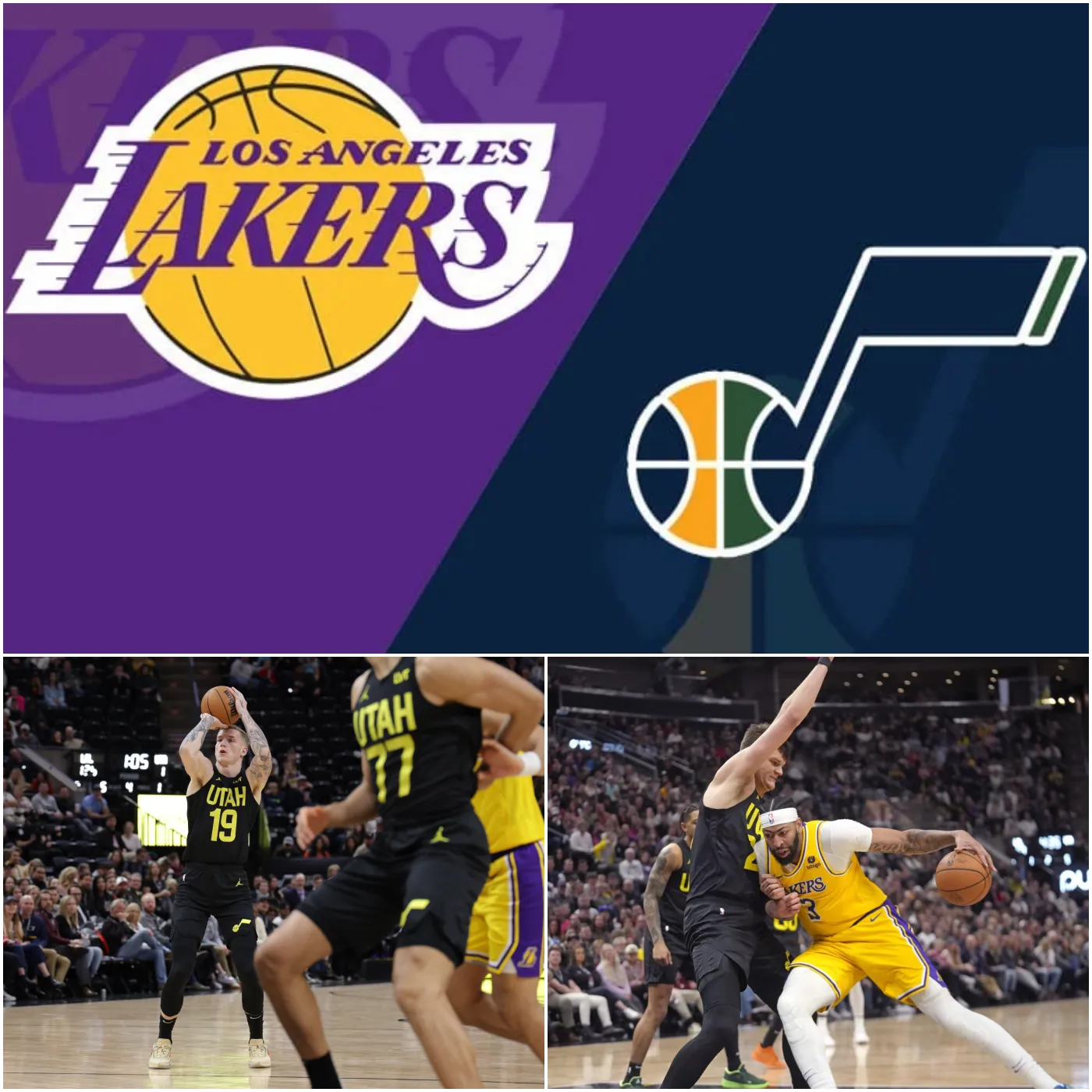LeBron James, the Los Angeles Lakers, and the Search for a ‘Laser’ Shooter
For the past three years, the Los Angeles Lakers have been on a quest to find a reliable sharpshooter to complement their superstar, LeBron James. That search might finally have ended with the emergence of rookie Dalton Knecht, whose recent performances have electrified the team’s offense and solidified his place as a rising star in […]
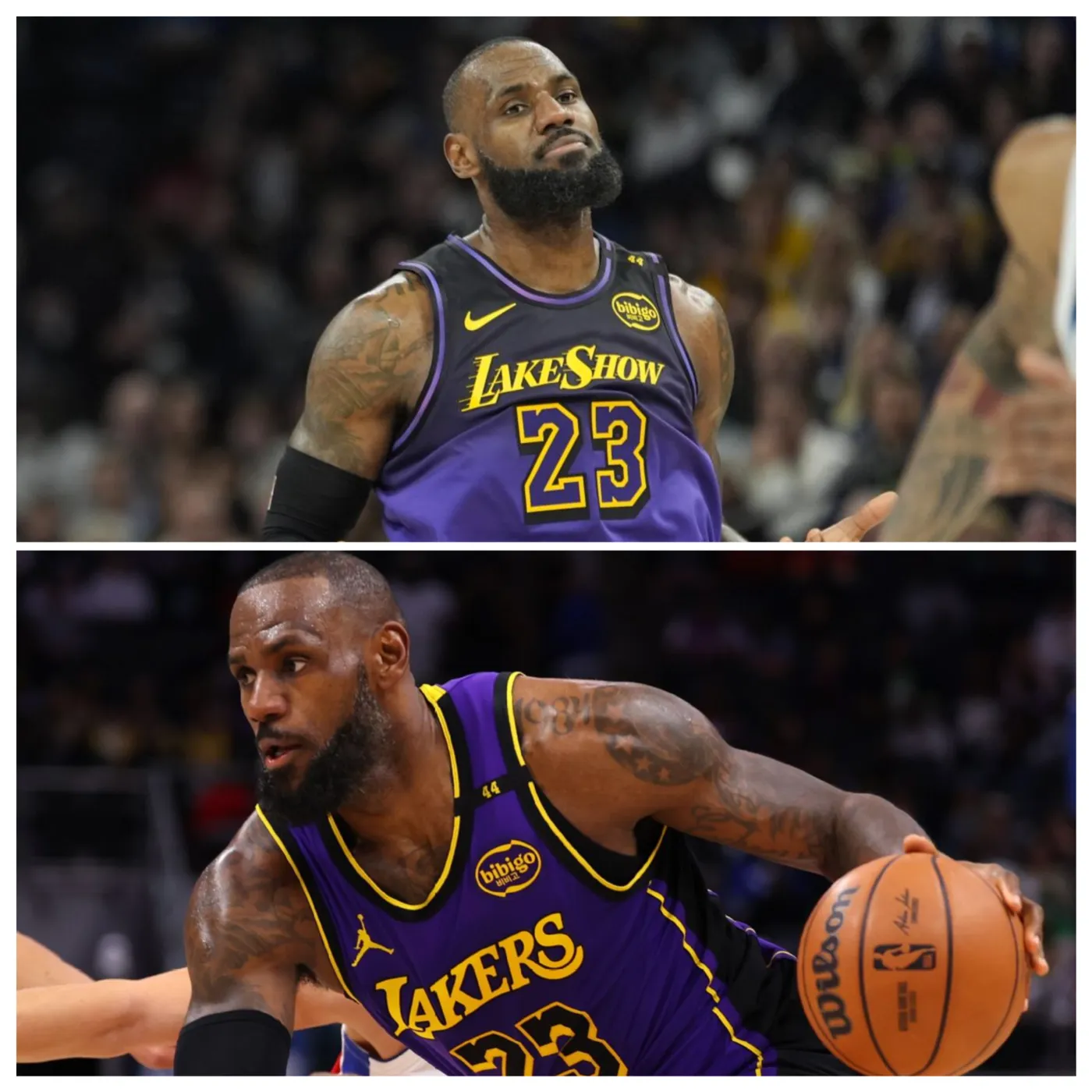
For the past three years, the Los Angeles Lakers have been on a quest to find a reliable sharpshooter to complement their superstar, LeBron James. That search might finally have ended with the emergence of rookie Dalton Knecht, whose recent performances have electrified the team’s offense and solidified his place as a rising star in the NBA.
On November 6, Knecht’s NBA journey took a dramatic turn. In his first career start, the rookie found himself back in Memphis, where his college coach, Rick Barnes, watched courtside. This was a poignant moment for Knecht, who had led Tennessee to its best NCAA tournament run in over a decade. However, his promising debut was marred by an unfortunate incident—an elbow to the face from Memphis’ Jake LaRavia, forcing him out of the game. Knecht finished with just three points, and the Lakers fell to the Grizzlies 131-114.
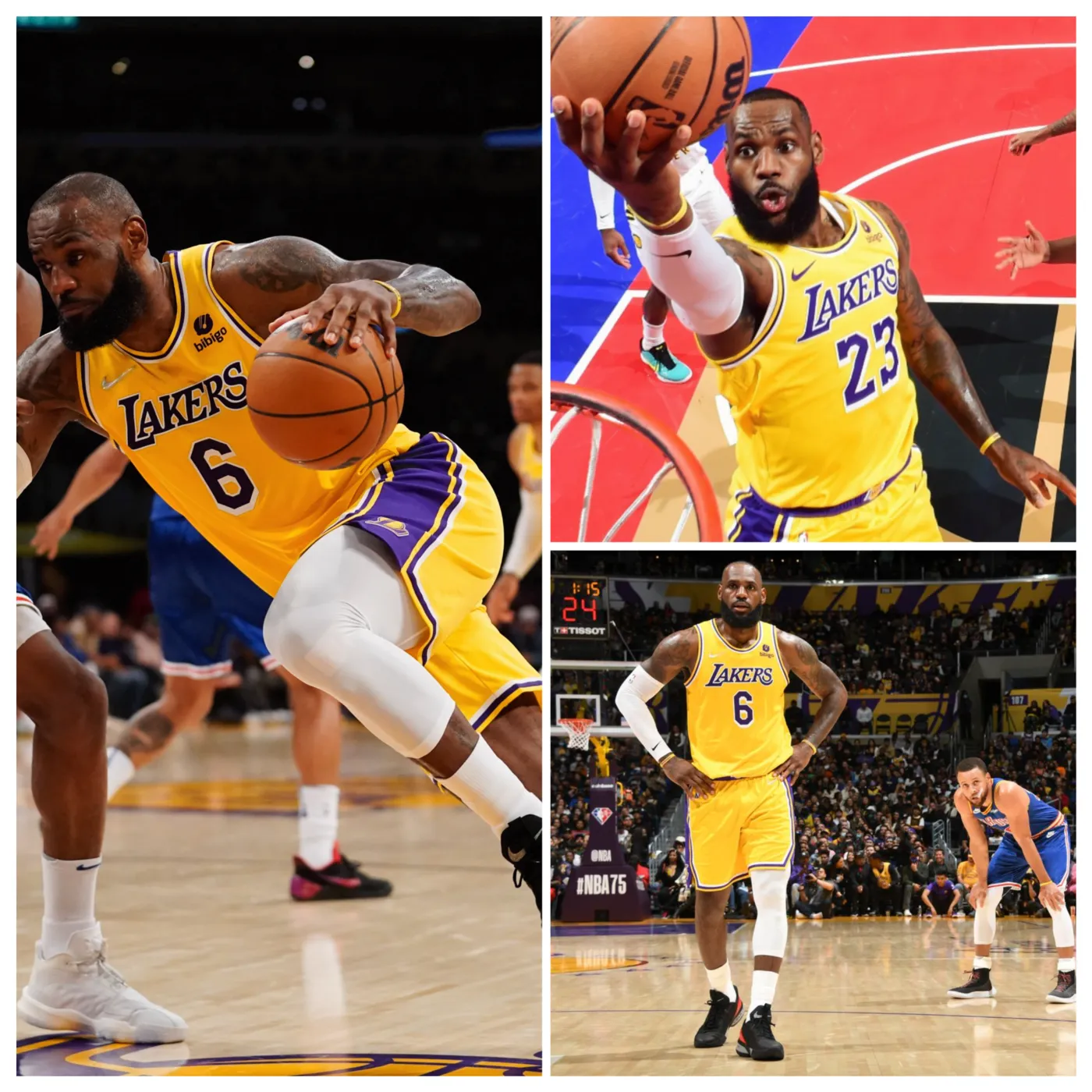
Lakers coach JJ Redick didn’t dwell on Knecht’s missed shots but criticized the team’s lack of competitiveness, addressing it bluntly in the locker room after the game. One week later, in a rematch against Memphis, Knecht returned with a renewed mentality. He scored 19 points on near-perfect shooting, sinking all five of his three-point attempts. His contributions, including a critical lob to Christian Koloko, helped secure a 128-123 win.
Knecht’s rise didn’t stop there. Over the next nine games, he averaged 17.4 points while shooting 50% from the field and an impressive 46.4% from beyond the arc. His standout moment came against the Utah Jazz, where he exploded for 37 points, hitting nine three-pointers in 12 attempts. This level of production has catapulted the Lakers’ offense from 15th last season to 5th in the NBA, addressing a glaring need for consistent outside shooting.
General Manager Rob Pelinka highlighted how Knecht fits the Lakers’ long-term strategy. “We’ve been chasing a movement shooter with athleticism,” Pelinka explained, emphasizing the rarity of such a skill set. Knecht’s ability to stretch defenses not only benefits LeBron James but also provides flexibility for roster moves as the trade deadline approaches.
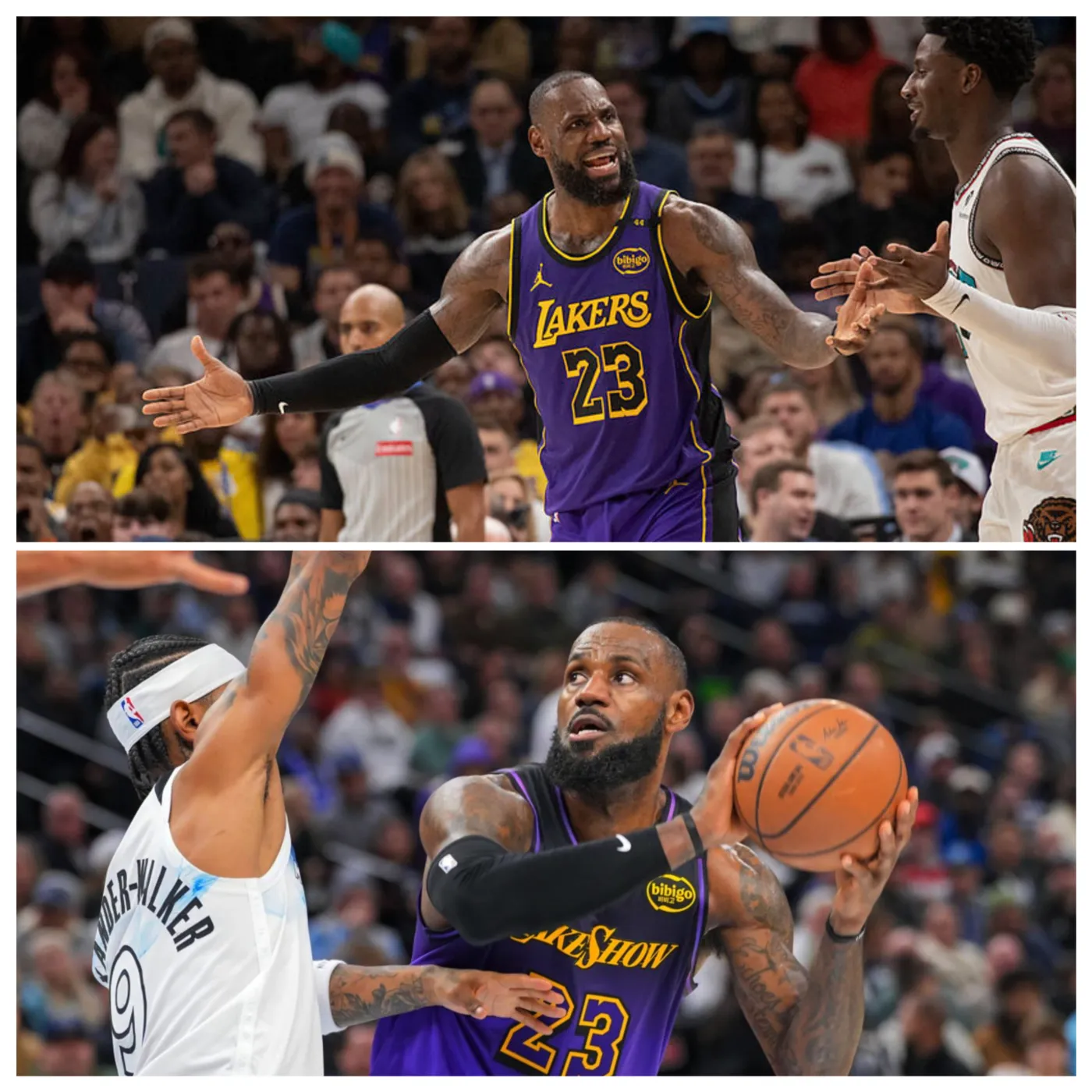
Knecht’s path to the NBA was unconventional. Despite excelling in college basketball, his draft stock fell due to concerns over his age—already 23—and his straightforward demeanor in interviews. This led to him being overlooked by teams that prioritized younger, more polished prospects. Yet, within the Lakers’ organization, Knecht’s raw talent and focus on basketball were seen as assets.
Pelinka recalled how he initially dismissed the idea of drafting Knecht, assuming he would go much earlier in the first round. But as draft night unfolded and Knecht remained available at the 17th pick, the Lakers seized the opportunity. His selection was met with skepticism by some teams, but Lakers insiders, including Tennessee assistant coach Rod Clark, praised Knecht’s authenticity and dedication to the game.
For the Los Angeles Lakers, Knecht’s rise represents more than just an individual success story. His sharpshooting provides the perfect complement to LeBron James, whose playmaking thrives with capable shooters surrounding him. As the Lakers aim to maximize their championship window with James, Knecht’s development could prove pivotal in securing another title for the franchise.
In the pursuit of a “laser” shooter, the Lakers may have found more than they bargained for—a player who not only meets the needs of the present but also offers hope for the team’s future.




